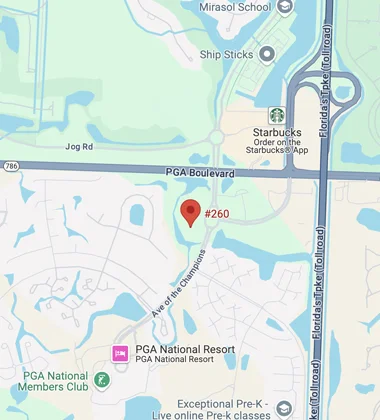Enhancing Inclusivity: ADA Accessible Tables In Restaurants And Other Service Areas

It is imperative for businesses, including restaurants, to create an inclusive environment for all patrons. One crucial aspect is providing ADA accessible tables that cater to individuals with disabilities. These tables not only comply with legal requirements but also enable people of all abilities to enjoy dining out. First, we highlight the significance of ADA accessible tables, and, then, provide insights on optimizing their design and placement within restaurants and other service areas.
Understanding ADA Accessible Tables:
The ADA, or the Americans with Disabilities Act, is a landmark legislation that ensures equal rights and opportunities for people with disabilities. It mandates accessibility requirements for public places, including restaurants. ADA accessible tables are designed to accommodate individuals who use wheelchairs, walkers, or other mobility aids, allowing them to comfortably and conveniently access dining areas.
The Benefits of ADA Accessible Tables:
Inclusivity: ADA accessible tables promote inclusivity by welcoming individuals with disabilities, enhancing their dining experience, and encouraging their patronage. By providing equitable access, restaurants can attract a broader customer base and foster a diverse and inclusive environment.
Compliance with Legal Requirements: ADA accessible tables are not just a good business practice; they are legally mandated in most countries. Ensuring compliance with accessibility regulations helps restaurants avoid legal repercussions and potential discrimination claims.
Positive Brand Image: By proactively embracing accessibility, restaurants can enhance their reputation and brand image. Demonstrating a commitment to inclusivity resonates with customers and can lead to increased loyalty and positive word-of-mouth referrals.
Optimizing ADA Accessible Tables in Restaurants:
Spacing and Placement: Restaurants should ensure sufficient space around ADA accessible tables to accommodate wheelchair users and provide ease of movement. Tables should be placed strategically, ensuring unobstructed pathways, allowing individuals to approach and maneuver comfortably.
Height and Surface Design: ADA accessible tables should have a height between 28 and 34 inches, with knee clearance of at least 27 inches high, 30 inches wide, and 17 inches deep. The surface should be sturdy and have a non-slip finish, ensuring stability for users with limited mobility.
Signage and Visibility: Clearly marked signage highlighting ADA accessible tables helps customers identify and locate them easily. Restaurants can also consider using contrasting colors or visual indicators on tables and chairs to improve visibility for individuals with visual impairments.
Seating Options: Offering a variety of seating options, including removable chairs and tables, can accommodate different accessibility needs. This flexibility allows individuals who use mobility devices to customize their seating arrangement and ensures an inclusive dining experience. Further, the ADA requires that accessible tables be spread throughout the restaurant not contained in only one area.
Staff Training: Training restaurant staff on ADA regulations and sensitivity towards customers with disabilities is crucial. Staff members should be knowledgeable about accessible features and provide assistance when needed, ensuring a welcoming and respectful environment.
ADA accessible tables in restaurants play a vital role in creating an inclusive dining experience for individuals with disabilities. Embracing accessibility is not only a legal obligation but also a business strategy that fosters a more diverse and inclusive society.
If you would like to know more about your rights or responsibilities under ADA’s reasonable accommodations rules, please contact Sconzo Law Office. You can call 561-279-6114 or check us out online to schedule a no-cost case review with a Palm Beach County employment law attorney who will provide details.

